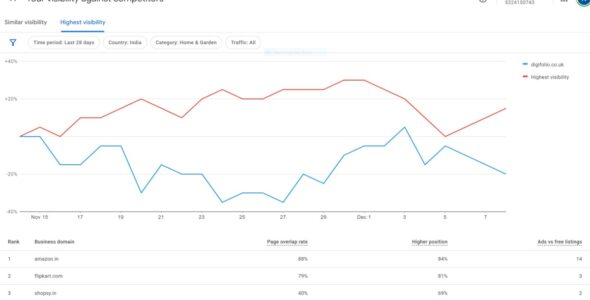The Role of Predictive Analytics in Real Estate Decision Making
Predictive analytics has emerged as a game-changer in the real estate industry, revolutionizing the way professionals make strategic decisions. By leveraging historical data, statistical algorithms, and machine learning techniques, predictive analytics empowers real estate stakeholders to anticipate market trends, identify investment opportunities, and mitigate risks. In this article, we explore the pivotal role of predictive analytics in real estate decision making and its impact on driving successful outcomes.

Understanding Predictive Analytics in Real Estate:
Predictive analytics involves the use of data, statistical algorithms, and machine learning to predict future outcomes based on historical data patterns. In the real estate context, predictive analytics analyzes vast datasets encompassing property prices, market trends, demographics, and economic indicators to forecast various factors that influence property performance.
Key Applications of Predictive Analytics in Real Estate Decision Making:
1. Property Valuation: Predictive analytics aids real estate professionals in accurately valuing properties by analyzing market data, property features, and historical sales trends. This enables them to set competitive prices and negotiate effectively.
2. Market Trends and Demand Forecasting: Predictive models can anticipate shifts in the real estate market, enabling professionals to identify areas with increasing demand and high growth potential.
3. Investment Risk Assessment: By analyzing historical data and market indicators, predictive analytics helps real estate investors identify potential risks associated with property investments, such as vacancy rates and property depreciation.
4. Optimized Marketing Strategies: Predictive models analyze customer data and behavior to create targeted marketing campaigns, reaching potential buyers and tenants more efficiently.
5. Property Management and Maintenance: Predictive analytics can anticipate maintenance needs, enabling property managers to proactively address issues and reduce downtime.
Benefits of Implementing Predictive Analytics in Real Estate:
1. Improved Decision Making: Predictive analytics provides real estate professionals with data-driven insights, empowering them to make informed and strategic decisions.
2. Risk Mitigation: By identifying potential risks and market fluctuations, predictive analytics allows stakeholders to implement risk mitigation strategies.
3. Enhanced Customer Experience: Predictive models help deliver personalized experiences to clients, increasing satisfaction and building lasting relationships.
4. Cost Optimization: Predictive analytics enables efficient allocation of resources, reducing operational costs and maximizing returns.

Challenges of Predictive Analytics in Real Estate:
1. Data Quality and Accessibility: Predictive analytics relies on high-quality data, and obtaining comprehensive and accurate data can be challenging.
2. Model Interpretability: Some predictive models, particularly those using complex machine learning algorithms, may lack transparency in their decision-making process, making it difficult to interpret results.
3. Changing Market Dynamics: Real estate markets are influenced by various external factors, and predictive models may struggle to account for sudden changes or unforeseen events.
Implementing Predictive Analytics in Real Estate:
1. Data Collection and Integration: Gather and integrate diverse data sources, including property listings, market trends, economic data, and demographic information.
2. Model Development: Employ appropriate statistical algorithms and machine learning techniques to develop predictive models tailored to specific real estate objectives.
3. Model Validation: Validate predictive models using historical data and real-world scenarios to ensure their accuracy and reliability.
4. Continuous Improvement: Predictive analytics is an iterative process, and ongoing monitoring and refinement are essential to maintain model effectiveness.
Conclusion:
Predictive analytics is transforming real estate decision making, empowering professionals to make data-driven choices that drive success and optimize outcomes. By harnessing the power of historical data and advanced statistical techniques, real estate stakeholders can forecast market trends, assess investment risks, and enhance customer experiences. Although challenges such as data quality and model interpretability exist, the benefits of predictive analytics in the real estate industry far outweigh these obstacles. As predictive analytics continues to evolve, its role in shaping the future of real estate decision making becomes increasingly pivotal.





